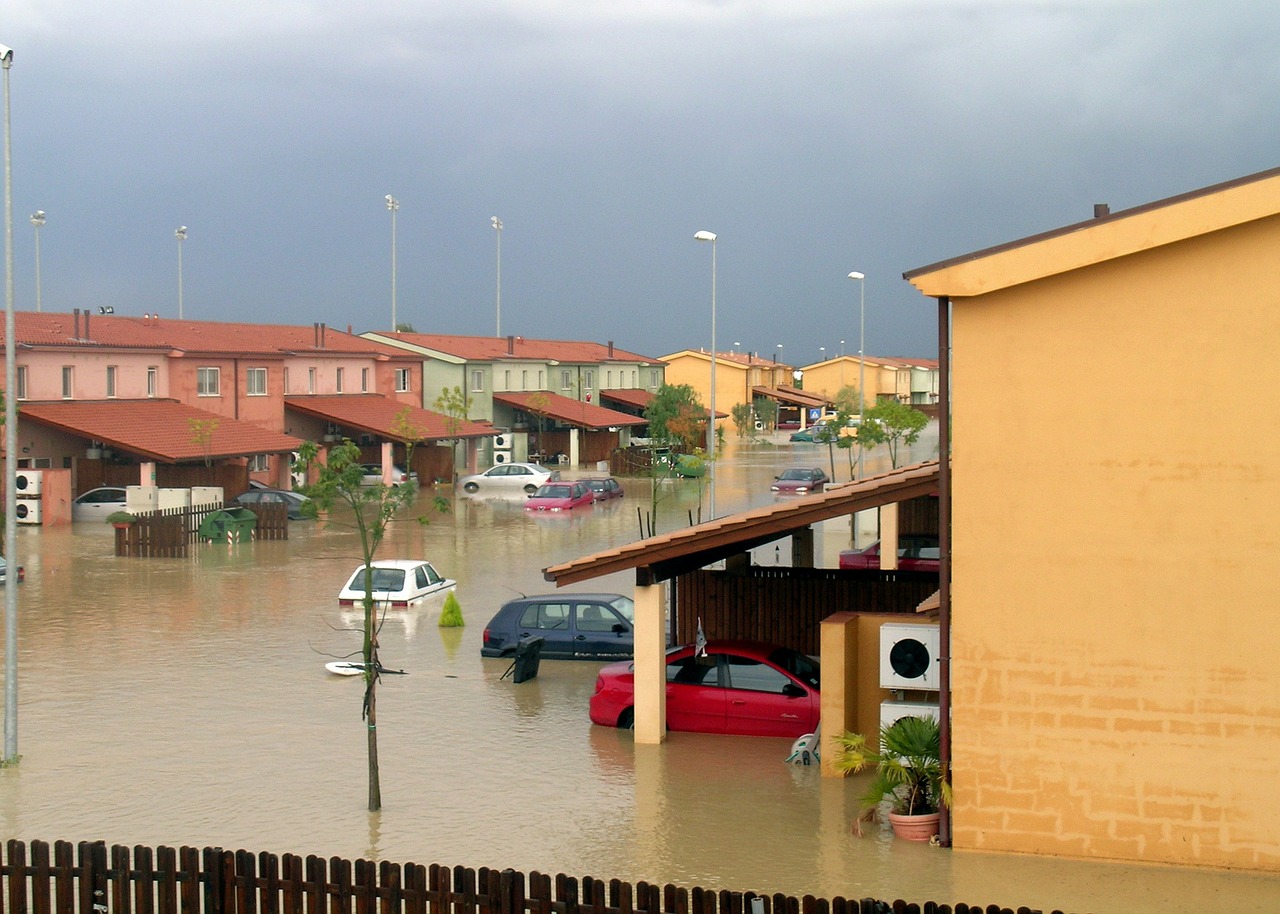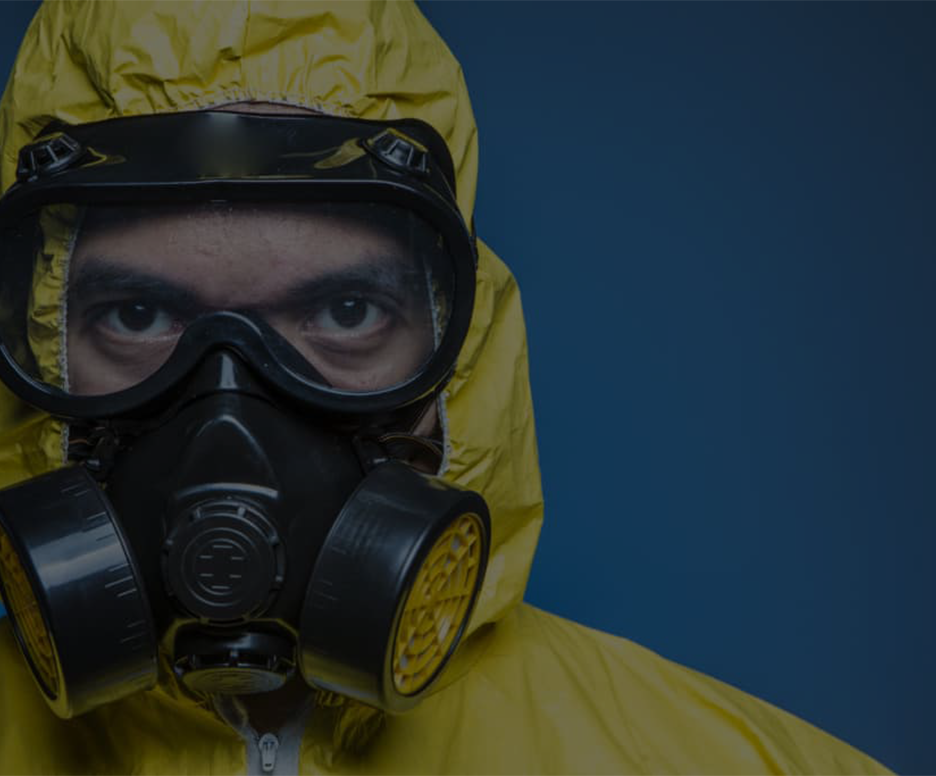
How To Prepare For Natural Disasters By 911 Water Experts
We’re always told to expect the unexpected and that couldn’t ring truer than in the case of natural disasters. As much as we like to believe they would never affect us, they can and often do. So the more prepared you are, the more confident you can feel in handling whatever Mother Nature throws your way.
There is no better time than now to do some of the following. You never know just how vital your preparedness can be in the future.
Put Together an Emergency Kit
The last thing you will want to be doing as floodwaters crash against your front door is rushing to find batteries, a torch, and non-perishable food. If you prepare for natural disasters and have these things in a bag ready to be thrown into your vehicle, you’re in a much better position.
Emergency kits can be basic or advanced, depending on how many days you want to be prepared for.
However, at a minimum, they should include non-perishable food and medication for your family and pets, a can opener, a source of light with batteries, a radio, sanitation supplies, and a first-aid kit.
You may also find it necessary to add a few extras like spectacles or contact lenses, baby supplies, blankets, and clothing.
Form a Disaster Plan
During an emergency, everything seems chaotic. Learning how to prepare for a natural disaster before it strikes gives you and your family advantage. The worst part is, not everyone might be at home when a disaster strikes.
Does your entire family know what is expected of them? Phone lines may be down and text messages may not get through. Having a pre-made plan can ensure that your family members know what to do.
The plan can outline where to shelter, an evacuation route, and how you plan on communicating with loved ones if traditional methods aren’t available.
While putting this plan together, it can even be worth ensuring everyone has signed up to receive severe weather alert warnings and have emergency numbers on their phones.
One of the most critical components of this plan is making sure you have a central meeting place. If you are split up, everyone knows where to meet. It could be a local park, a sports ground, or another wide, open space.
Ensure everyone in the family knows how to shut off power, water, and gas to the home and is aware of alternative routes out your neighborhood if the roads are closed.
Prepare for Natural Disasters with a Contacts List
One of the last things you will feel like doing in an emergency is finding phone numbers for all the services and people on which you need to rely. Research these in advance so that you have your own little emergency phonebook.
It can include all those well-known numbers like emergency services and ones like insurance companies and utility providers. You may even wish to have the contact information of businesses who can assist in the cleanup process, like restoration experts.
Fortunately, some companies are becoming quite advanced in how they operate, particularly insurance companies. You can download an app that allows you to see all your relevant insurance information quickly.
Keep Precious Items Together
Passports, birth certificates, social security cards, mortgage papers, family heirlooms, and irreplaceable photos are all things you don’t want to lose in a natural disaster. You can replace dining suites and sofas, but you can’t replace items that hold sentimental value.
What’s more, passports and birth certificates can be incredibly difficult to replace fast. If you store such items together in a grab bag, you can quickly exit your home in a natural disaster with them safely tucked under your arm.
Listen to the Experts
It can be tempting to get your news from friends and family, but listening to the experts can serve you well in a natural disaster.
Before one happens, sign up for alerts from organizations that work nationally and locally.
One of the most important ones is a weather network that can provide updates on adverse weather conditions to prepare yourself for.
You may even like to bookmark helpful websites on your mobile devices so you can access them quickly. One of the most reliable sources of information during an emergency is the radio.
That’s why it can be imperative to invest in a battery or solar-powered radio for your emergency kit.
Practice Preparedness
Some natural disasters leave you little time to react. You then have to rely on your instincts to guide you through the commotion. However, for some disasters, there are some things you can do to put yourself in the best position post-disaster.
Earthquakes
Get your family involved in drills that show them how to drop, cover, and hold on. Learn about holding onto sturdy furniture, covering your head and neck, and protecting your head and torso.
If you have heavy furniture and appliances, make sure they don’t become hazards during an earthquake. You can do this by making sure as many things as possible are braced or bolted to walls and floors, such as gas appliances, water heaters, and tall furniture.
Hurricanes and Floods
You can even prepare for hurricanes and floods to minimize the chaos. Turn off propane tanks, fill your gas tank, and make sure you have plenty of water bottles filled with clean drinking water. It’s also important to listen to the radio to stay up to date with what is expected of you.
Tornados
Tornados are yet another natural disaster that can sneak up on you but that you can still prepare for.
Look out for signs of tornados, like clouds of debris and dark clouds with a green shade.
Identify the safe spaces in your home, like rooms without windows, basements, and storm cellars. Consider reinforcing these spaces if you haven’t already done so.
You may never be entirely prepared for a natural disaster – particularly one that seems to come out of nowhere. Still, there are many things you can do to make sure you’re in the best position possible to handle whatever Mother Nature throws your way. If you like our article about how to prepare for natural disasters and would like to add to our list feel free to drop your insights below or chat with us in near-real time on our Facebook fan page. If you have any questions about water damage restoration and emergency storm cleanup you can call us at 1-833-WE-DRY-IT.



